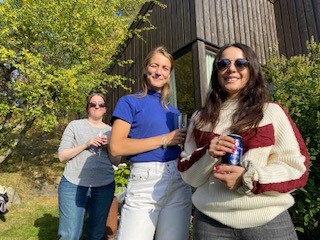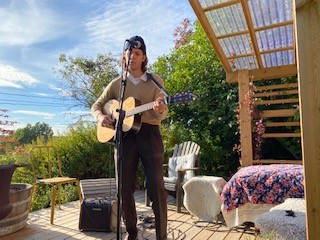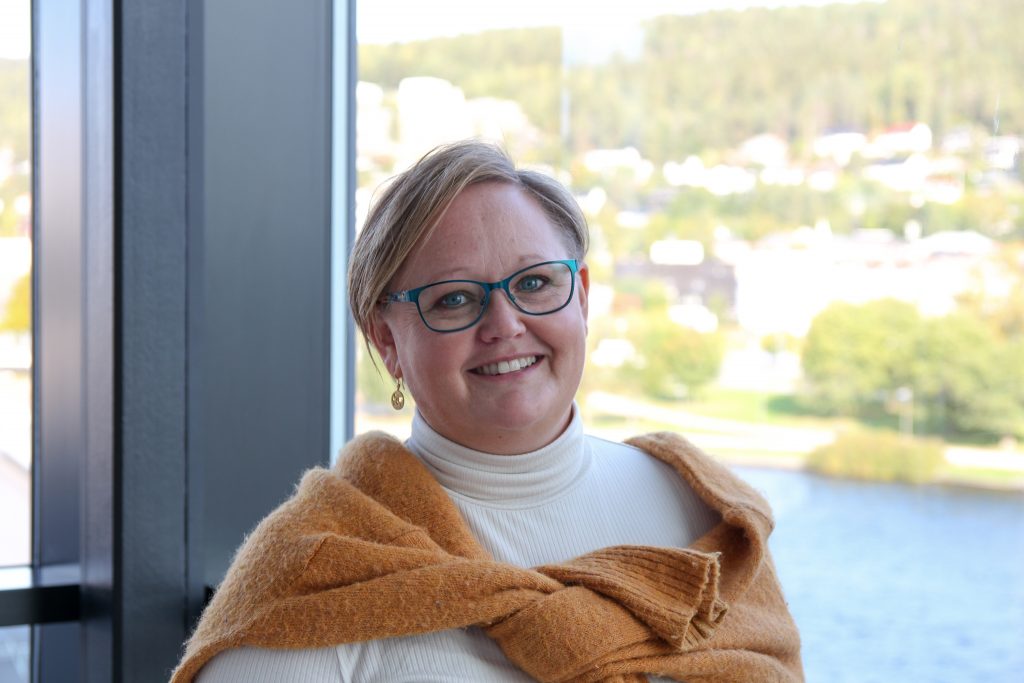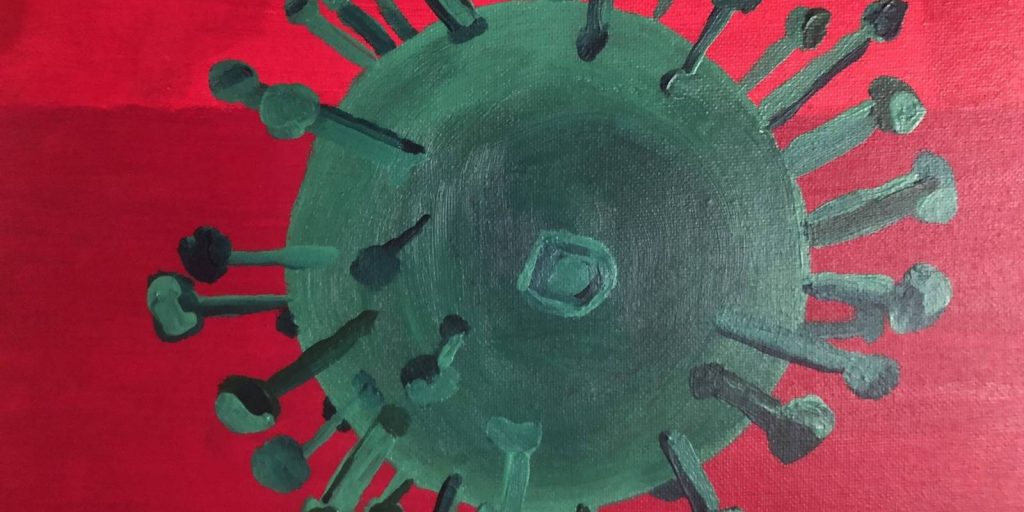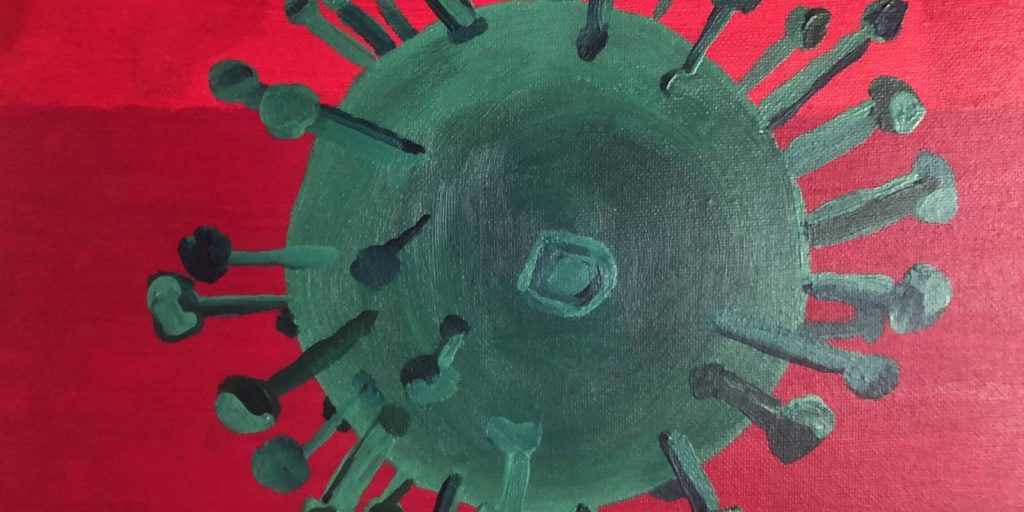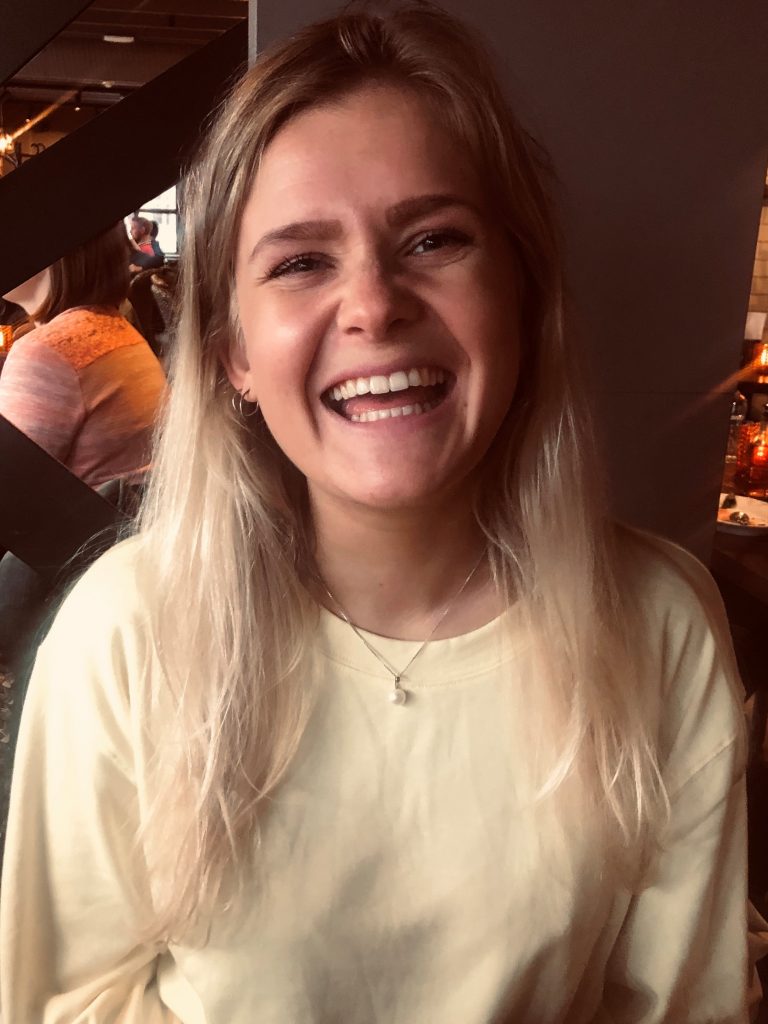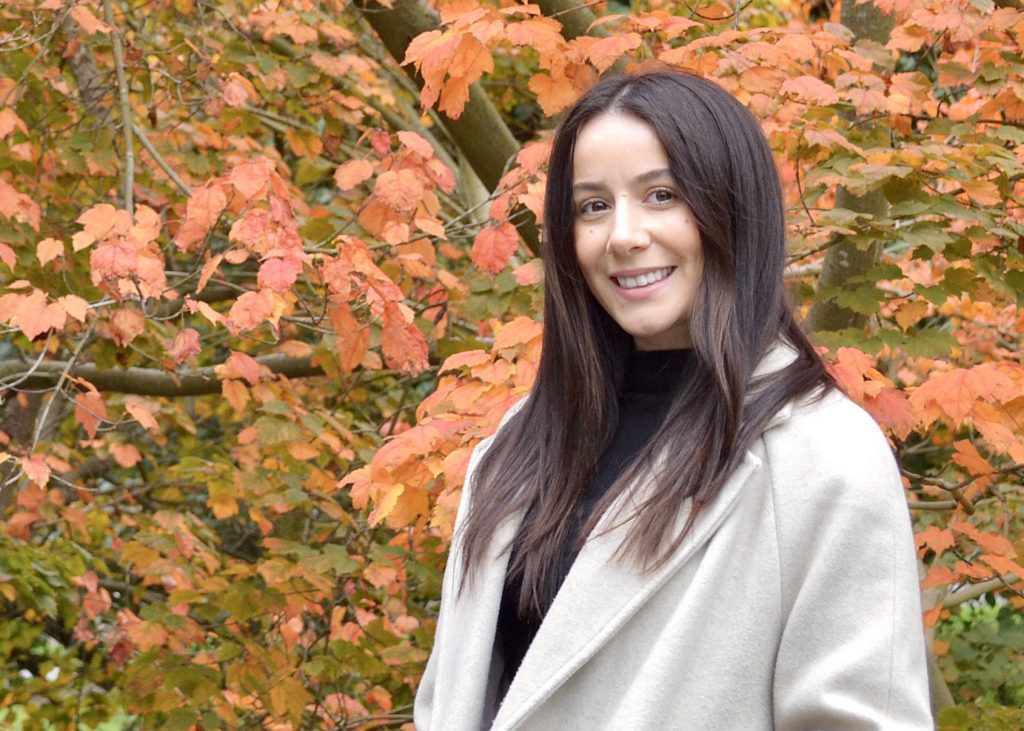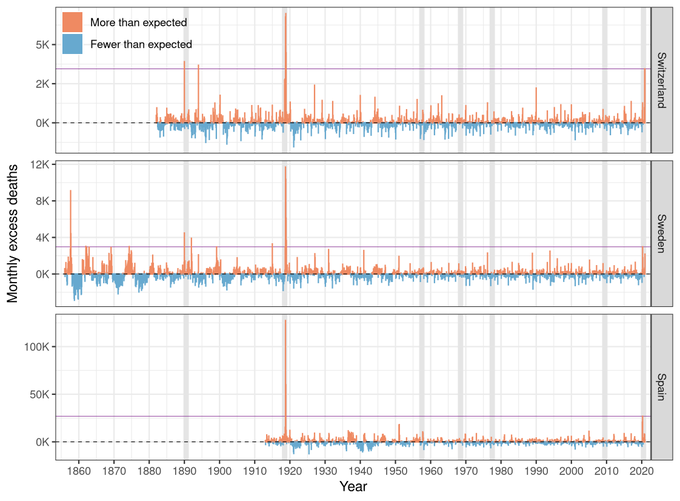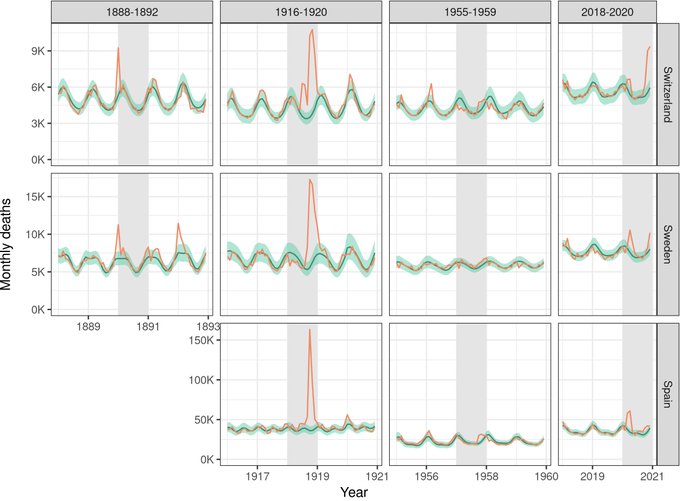New paper out!
Background: The objective of this study was to document whether and to what extent there is an association between socioeconomic status (SES) and disease outcomes in the last five influenza pandemics.
Methods/principle findings: The review included studies published in English, Danish, Norwegian and Swedish. Records were identified through systematic literature searches in six databases. We summarized results narratively and through meta-analytic strategies. Only studies for the 1918 and 2009 pandemics were identified. Of 14 studies on the 2009 pandemic including data on both medical and social risk factors, after controlling for medical risk factors 8 demonstrated independent impact of SES. In the random effect analysis of 46 estimates from 35 studies we found a pooled mean odds ratio of 1.4 (95% CI: 1.2–1.7, p < 0.001), comparing the lowest to the highest SES, but with substantial effect heterogeneity across studies,–reflecting differences in outcome measures and definitions of case and control samples. Analyses by pandemic period (1918 or 2009) and by level of SES measure (individual or ecological) indicated no differences along these dimensions. Studies using healthy controls tended to document that low SES was associated with worse influenza outcome, and studies using infected controls find low SES associated with more severe outcomes. A few studies compared severe outcomes (ICU or death) to hospital admissions but these did not find significant SES associations in any direction. Studies with more unusual comparisons (e.g., pandemic vs seasonal influenza, seasonal influenza vs other patient groups) reported no or negative non-significant associations.
Conclusions/significance: We found that SES was significantly associated with pandemic influenza outcomes with people of lower SES having the highest disease burden in both 1918 and 2009. To prepare for future pandemics, we must consider social vulnerability. The protocol for this study has been registered in PROSPERO (ref. no 87922) and has been published Mamelund et al. (2019).

